Another week flew by. The days stack up — Mondays, Tuesdays, Wednesdays — each so much like the ones before. And yet, everything feels altered now, the cancer humming in the background.
Where Is the Truth?
They tell you plainly: until surgery, no one can truly map the dark shape inside you. The ultrasound sketches a small, contained shadow and you breathe easier for a moment; even ChatGPT assures you that such a tumor is “rather small.” But the next day, the MRI results arrive, and suddenly the beast appears five times larger — its edges blurred, its reach uncertain. How big is it really? Has it slipped into the lymph?
The sound waves and the radio waves disagree, each insisting on its own version of reality. You learn there is no certainty — only the hard discipline of waiting, as sanely as possible.
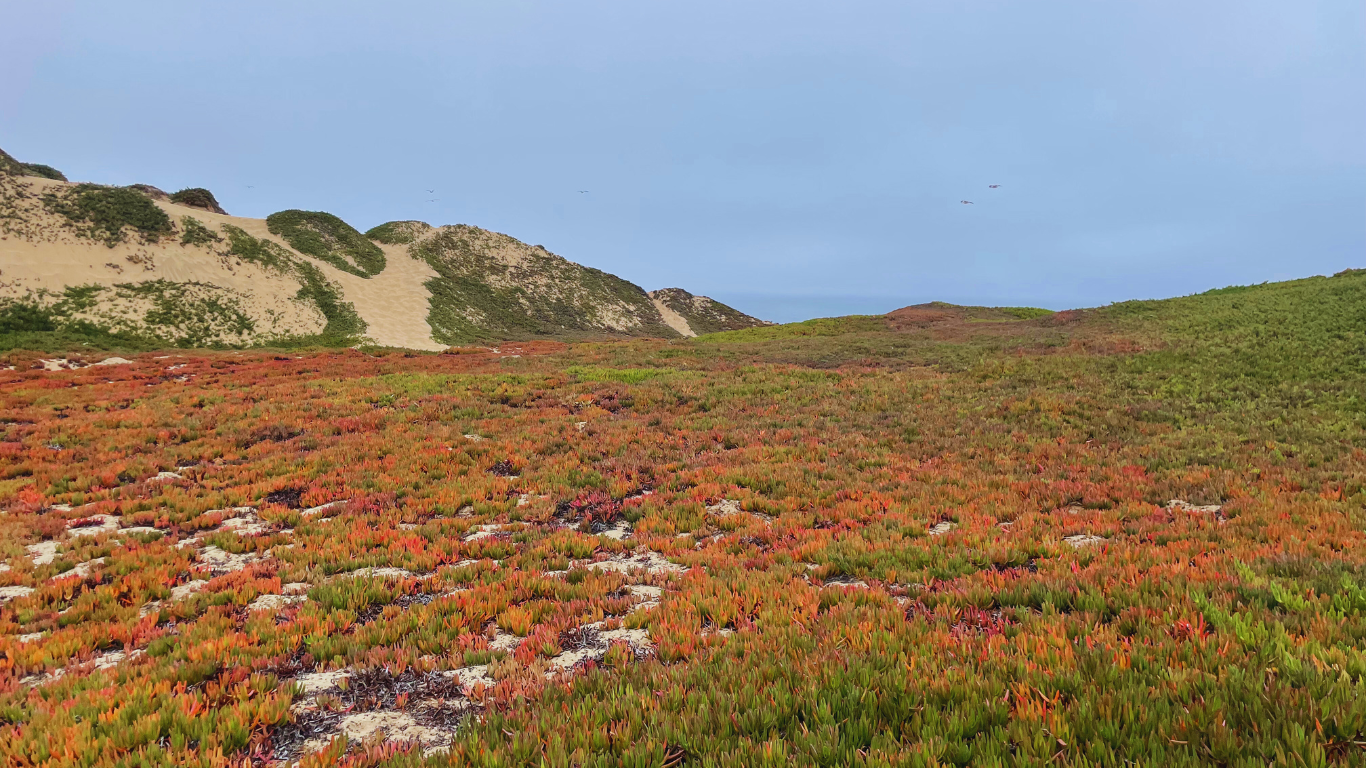
It Takes a Village
I have been astonished by how seamlessly the machinery of cancer care works here in the U.S. The moment the nurse navigator uttered the words breast cancer confirmed, an entire network unfolded around me: the imaging department, surgeon’s office, social worker, genetic testing, medical oncology, radiation oncology, plastic surgery — and this is not even a complete list.
If cancer care had stars, this system would deserve five. You are treated like an honored guest, listened to, guided, held. It is surreal — to feel so carefully looked after and yet so completely adrift.
The Moments Between
Driving through California usually rinses my spirit clean — hills rolling like golden silk, sky poured out like a blessing. But now, the same beauty feels edged with threat. Fear sneaks in during these drives, turning the familiar balm into a whisper of fragility. Like a kiss from something hovering just beyond sight. And then, strangely, a release — a swoop in the gut, like descending on a swing — the high of letting go.
Most nights I sleep like a baby. Other nights, dreams twist and torment until insomnia takes hold. Writing is the only thing that steadies me. Only when the words have spilled out do I find calm — a little harbor to anchor in until morning. Yet when daylight comes, there are mornings I want to stay under the blankets, hidden from my own life.
Sometimes I’m sure I can feel my body as a battleground. A flicker of nausea, a sharp ache — my mind leaps to imagine the beast advancing, claiming new territory. Other times, the same sensations feel harmless, just a tired body in a long waiting season. This is the strange choreography of these days: dread, surrender, and small islands of grace.
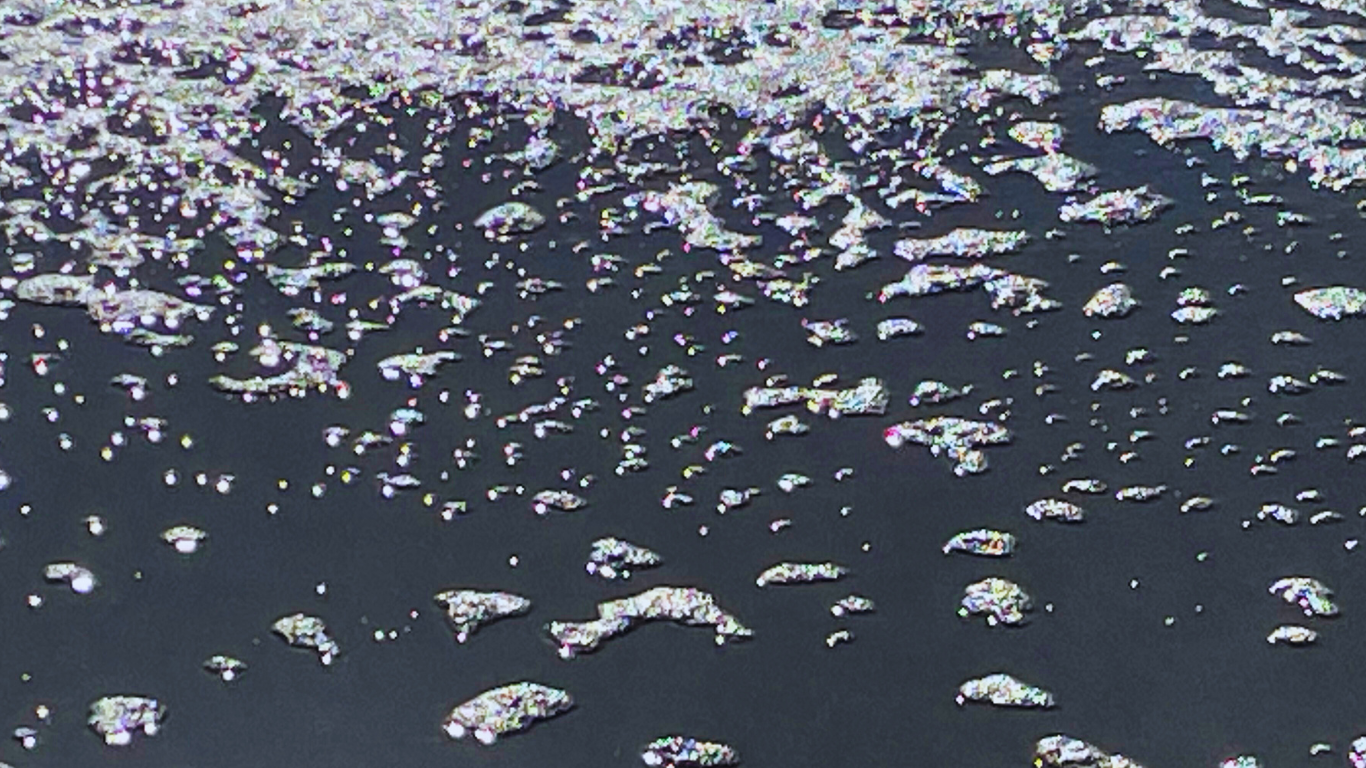
Sharing the News
They even offer sessions now on how to tell. When you’re diagnosed, the social worker gently assures you that support will follow — practical, emotional, spiritual — and offers to guide you through the hardest conversations.
My seven-year-old, who had already hidden away a birthday gift for me weeks ago, said:
“Mommy, I hope you don’t die before your birthday. But if you do, don’t worry — I’ll bring my gift to the cemetery.”
My twelve-year-old, newly in love with math, wanted percentages — survival rates, probabilities.
My ten-year-old said nothing at all.
Honesty and reassurance are what I cling to.
With friends, speaking sometimes hurts — but writing helps. Writing has always been my refuge, the place where I can translate chaos into meaning, when words spoken aloud might break me. People often do not know what to say. Some minimize, some fall silent, and sometimes both happen in the same conversation.
My neighbors — the ones whose children play with mine, with whom we chat while the little ones circle the courtyard — still do not know. I hesitate, afraid that this truth might tip the balance of our small, precious community, the gentle rhythm of belonging we have built here.
There are times for silence and times for speaking. In the beginning, the secret burns; you share it simply to lighten the weight. Later, acceptance seeps in, and cancer becomes background noise — just one small note among the many that make up who you are. Until, suddenly, a moment comes when fear or grief rises again, flooding everything — though only for a while.
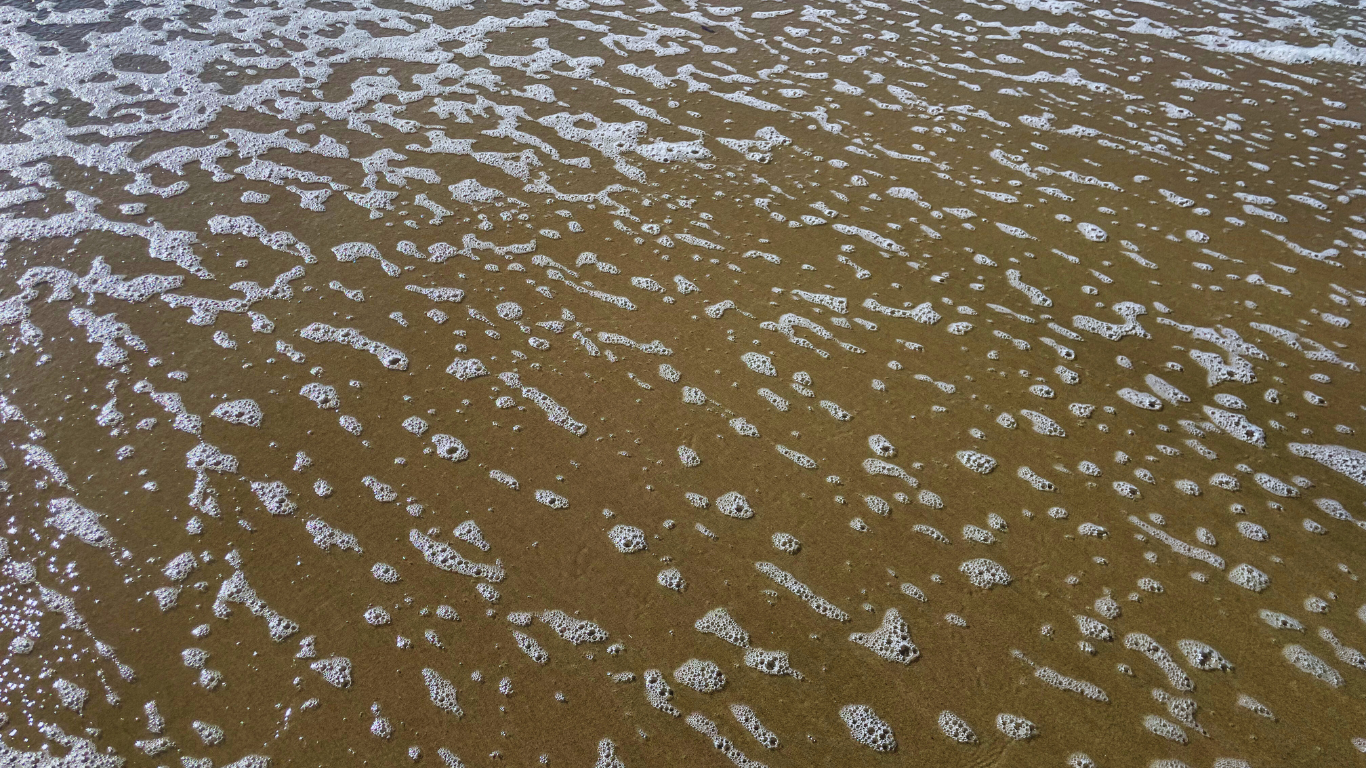
The Decisions
Genetic testing — yes or no? Do I really want to know if I carry a mutation, or would that knowledge only feed my anxiety?
And then the surgery: lumpectomy, mastectomy, double mastectomy? Implants or reconstruction with my own tissue?
These are words I had never imagined applying to my own body. When I began to research, the images terrified me. I thought of slaughterhouses, of my body being dismantled.
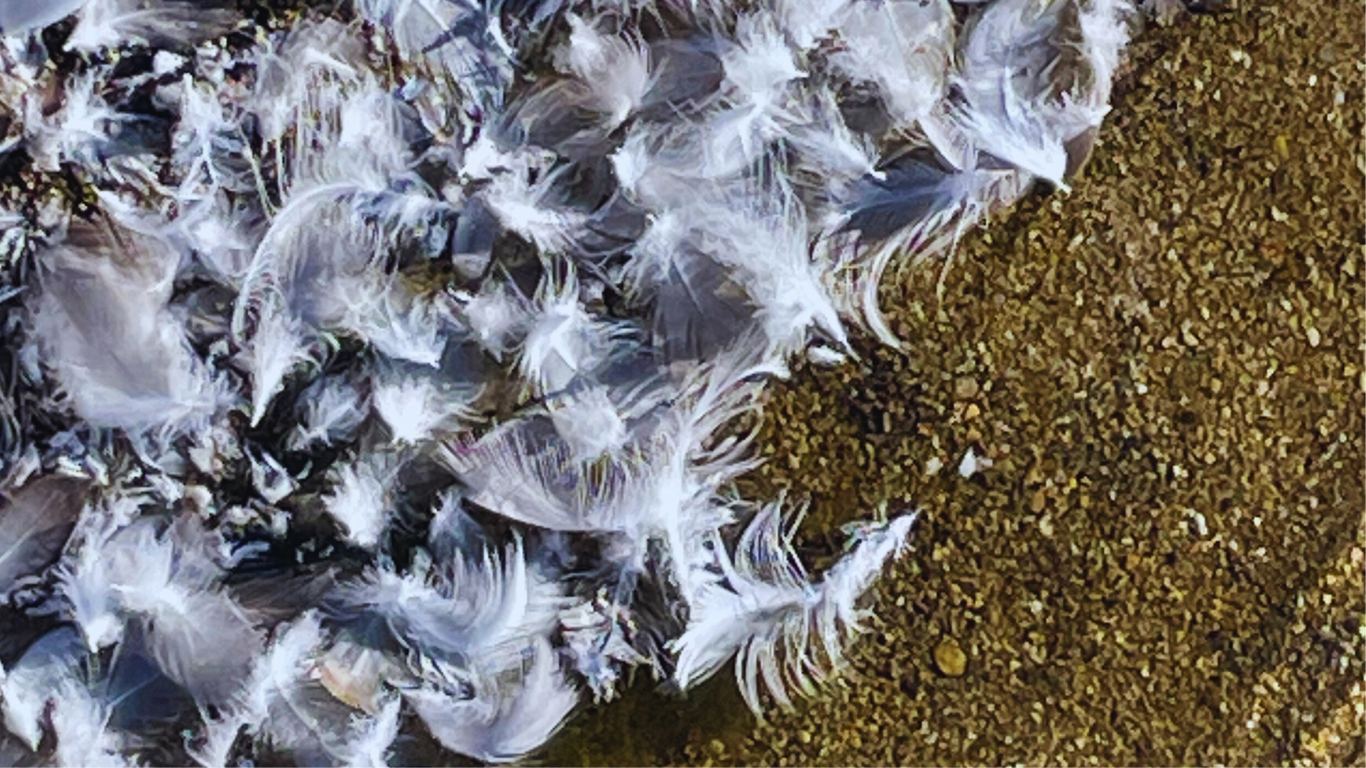
Memories surfaced from my humanitarian work — women in war zones, their breasts cut off in acts of unimaginable cruelty.
The realization that my own body, too, would soon bear surgical scars felt unbearable.
And yet, amid the sadness and fear, there were flashes of something stranger — a soft envy of those who seemed to be able to meet it lightly. They spoke of surgery as renewal, a “free mini tummy tuck,” a lift, a fresh start hidden inside the ordeal.
Why could I not see it that way?
Will I, one day?
Patience Is Rewarded
Meeting the surgeon calmed me. He spoke gently, explaining that despite the tumor’s size — one that seems to have been growing for years — it still appears to be at an early stage, confined to the milk ducts.
Soon after, the genetic results arrived: no high-risk mutation. I exhaled.
I am not an emergency case. There are other women whose battles are harsher, whose turn must come before mine. For now, I will simply coexist with cancer — learning, for a few more weeks, to share a body with something I never invited in.
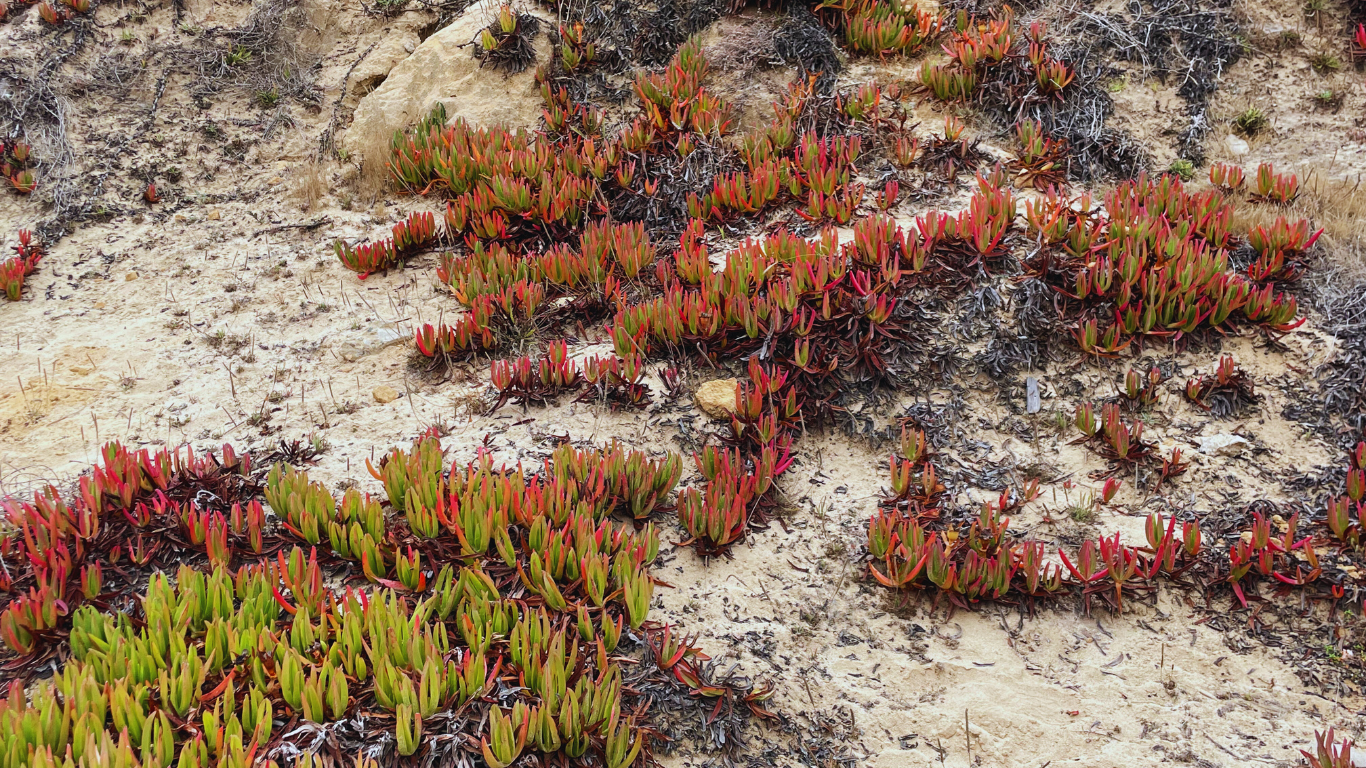
The Magic of a Lemonade Stand
Writing wraps me in serenity; it steadies my mind when fear stirs.
But it is my son’s lemonade stand that shields my heart — a small sweetness against the sour.
He is seven and wants an iPad, but lacks the money. My husband suggested he earn it, and my boy’s eyes lit up. Within a day, he had a plan. He marched to the store for lemons, ice, and a press; painted his own signs; ordered cups online. One evening was devoted entirely to squeezing lemons — his joy contagious, pulling his brothers and sister into laughter.
When he finally set up his stand, bright under the morning sun, I watched him work — determined, radiant, unburdened. Neighbors and strangers stopped by, smiling. Each cup sold felt like a small triumph.
And in that moment, I felt light again — almost like before.
For a while, the beast loosened its grip. The air tasted of lemons and sunlight.
For a moment, there was no hum beneath everything.
Maybe this is what it really means to make lemonade —
to find sweetness in what we never asked for.
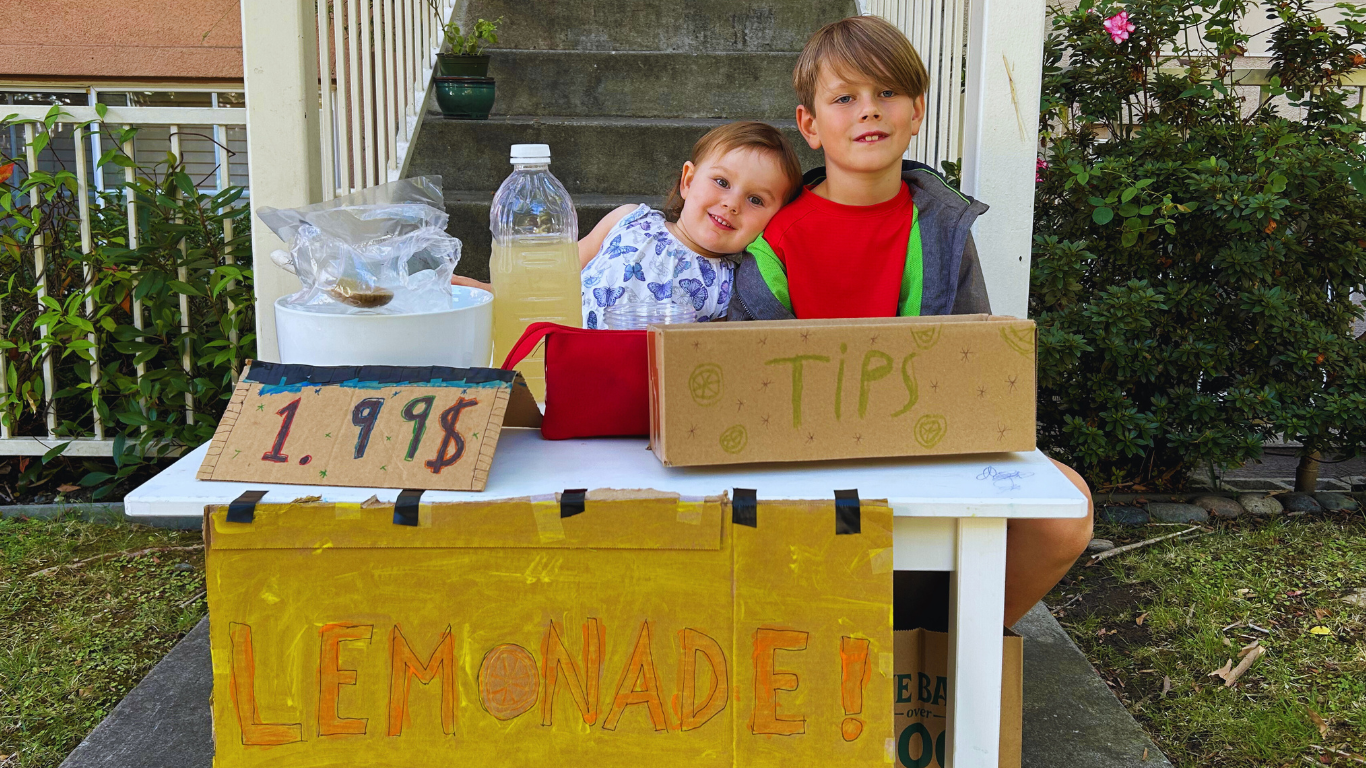

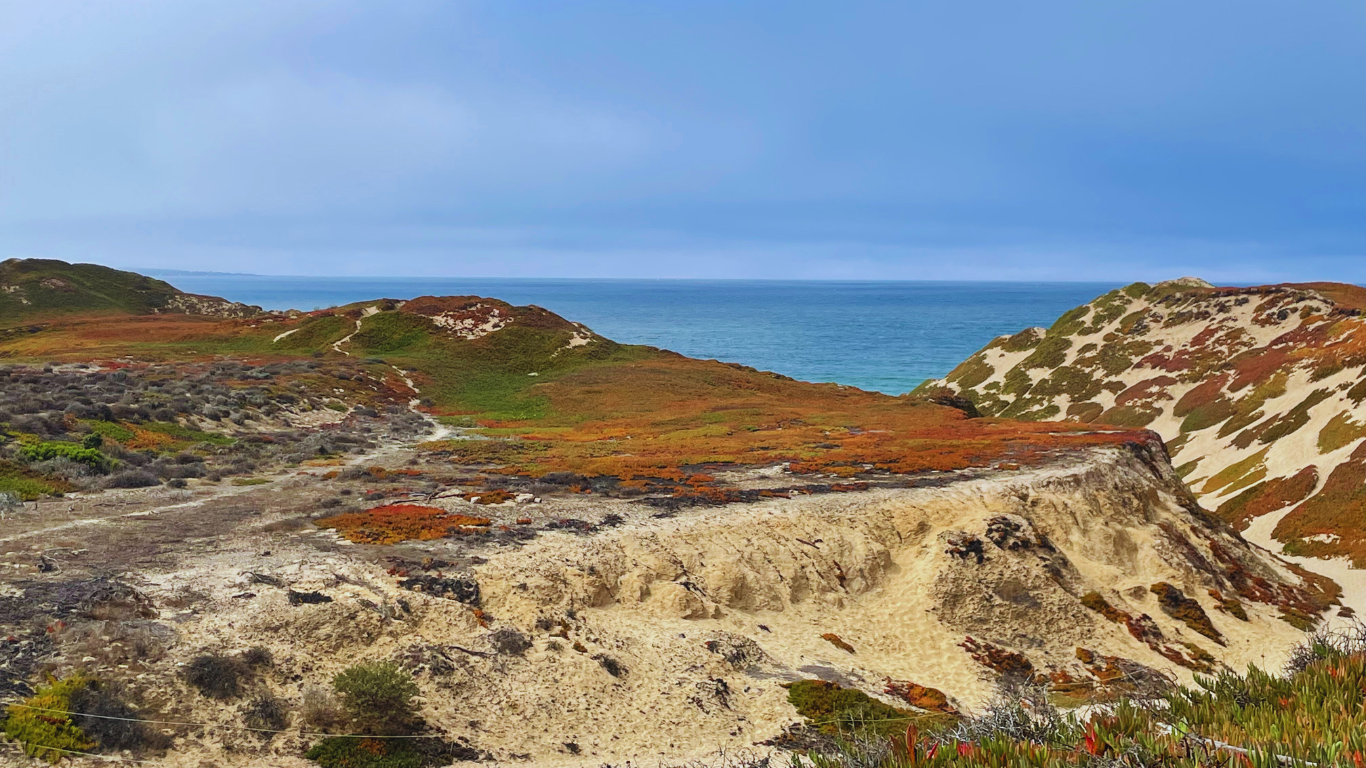
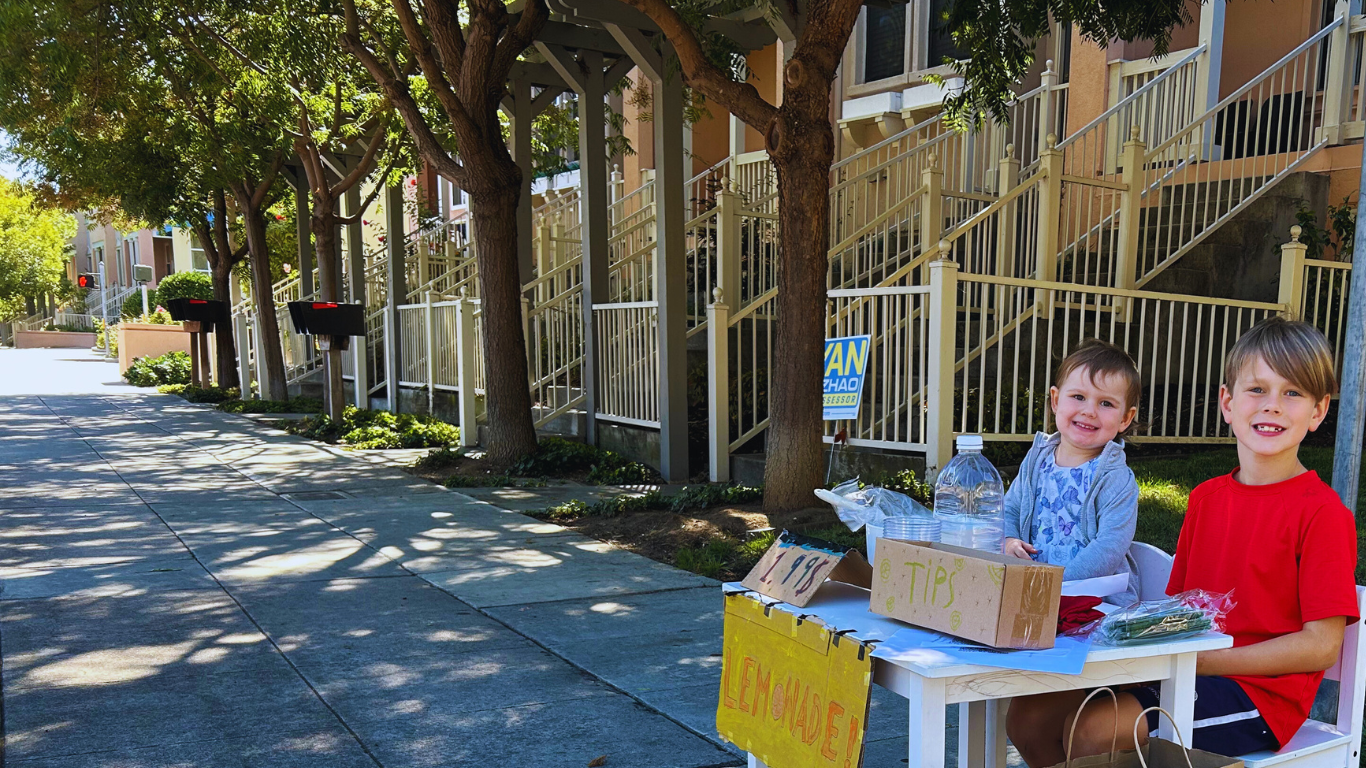
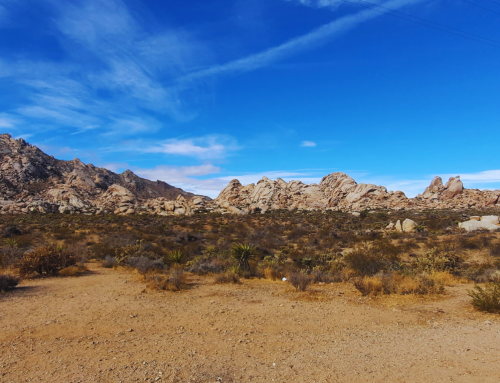
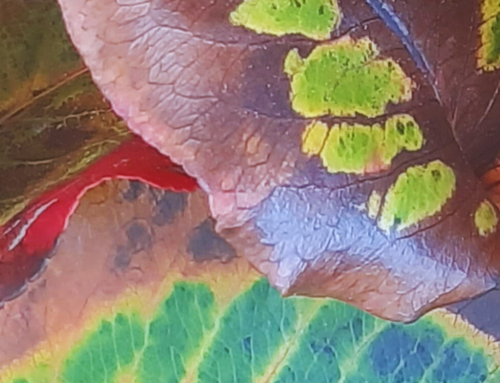
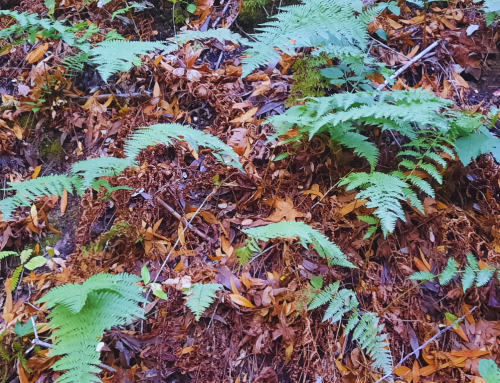
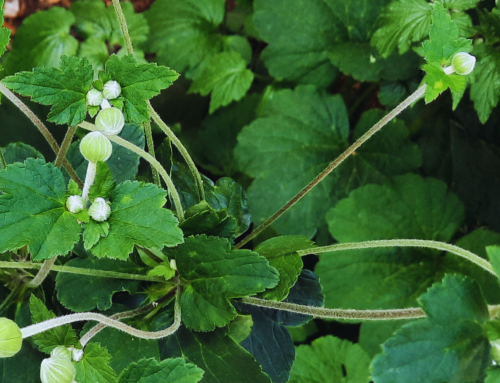
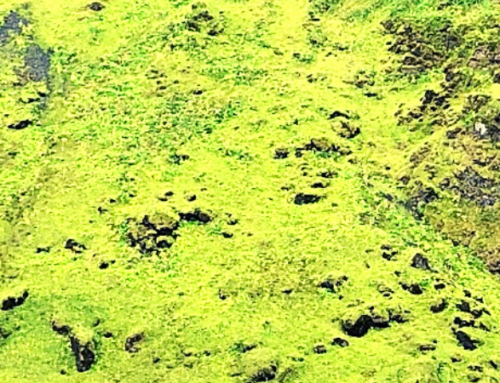
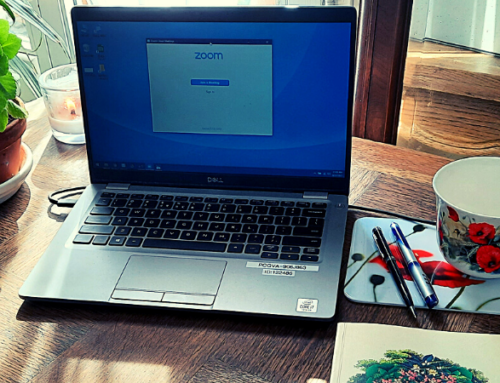
Your story brought the tears out of me…such a beautiful, painful yet hopefull story. Thanks for sharing it Veronika. You are an inspiration for all of us.
Dear Claire, Thank you for your message and touching words. These help me to continue my fight, a day at a time. Sending many hugs to you and your family.
I love reading you. Tu as une très belle plume. Je pense fort à toi, et l’histoire de la limonade m’a beaucoup touché. La photo des garçons est tellement chou!!
Thank you dear Noura, sending you much love!